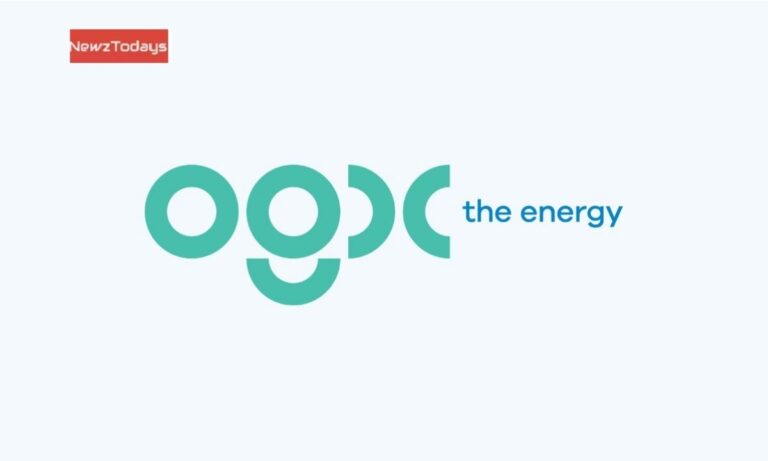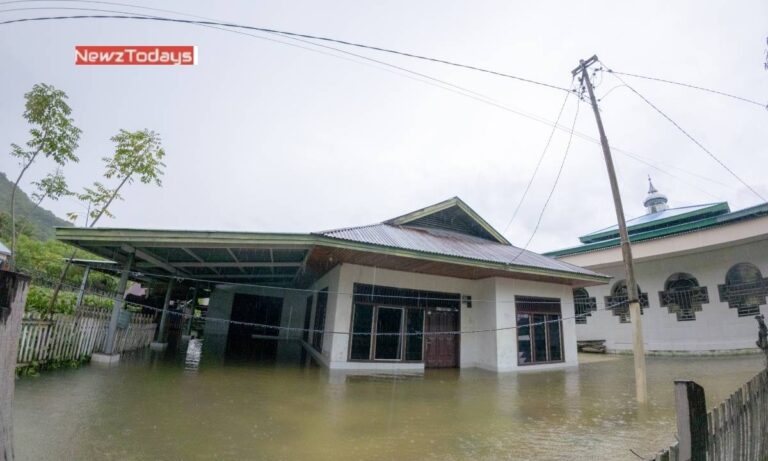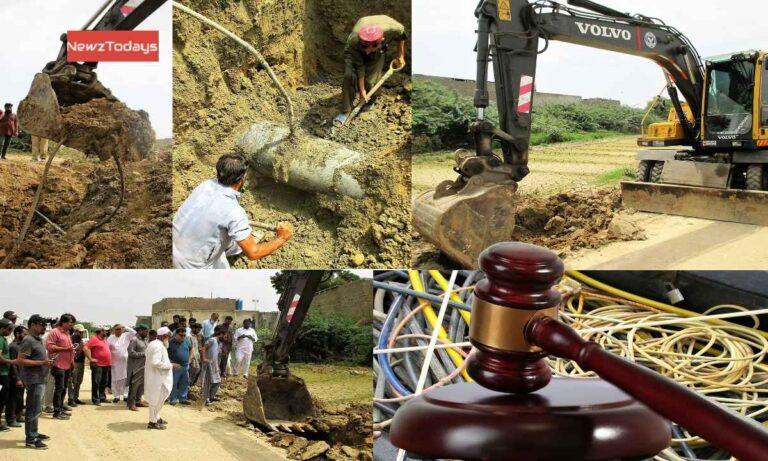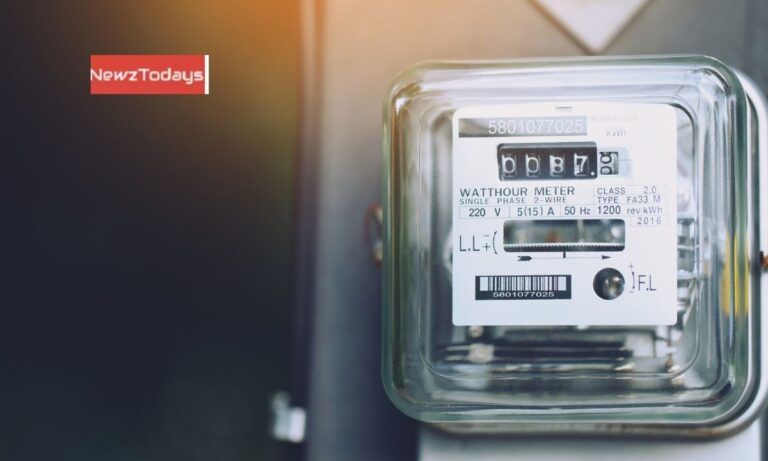MARI Plans Mineral Expansion With Global Partners
Mari Energies Limited, one of the largest oil and gas producers in Pakistan, is holding discussions with global mining firms Rio Tinto and BHP to attract foreign investment.
As per the details shared during a briefing attended by brokerage firm AKD Securities, the company is conducting geological surveys in partnership with international collaborators.
This initiative marks a significant milestone in Mari Energies efforts to diversify its portfolio beyond oil and gas and expand into mineral exploration.
Company officials stated that the talks with Rio Tinto and BHP aim to utilise international expertise to unlock the vast but underdeveloped mineral potential of Pakistan.
Rio Tinto and BHP, based in the United Kingdom and Australia respectively, rank among the world’s largest producers of minerals like copper and iron ore.
Their potential participation in mining industry could strengthen investor confidence and attract further international interest in domestic mineral development projects.
Read More: Petrol Prices May Witness Rs 6 per Litre Decline
Mari Energies, through its subsidiary Mari Minerals, currently operates three exploration licenses in Chagai and manages several joint venture partnerships in the region.
The company also owns a five percent share in Koh e Sultan Mining Company and collaborates with foreign partners to conduct detailed geological assessments.
In addition to mining, Mari Energies has expanded operations into technology through its subsidiaries Mari Technologies and SKY47, focusing on digital and cloud services.
A five megawatt data facility in Islamabad is expected to be completed by early next year, with construction activity simultaneously progressing in Karachi.
Financially, the firm reported a profit after tax of Rs 65.4 billion for fiscal year 2025, compared to Rs 77.3 billion previously.
The decline in earnings was mainly attributed to reduced overall revenue and higher operational expenditures recorded during the latest reporting period.
Management confirmed that the board meeting with ADNOC was held, where the production plan has been approved and the project will now move to the development phase. Management further shared that they are targeting production of around 25,000 bpd from the 3 discoveries in the Abu Dhabi block.
The company achieved its highest ever production level of 39.13 MMBOE in FY25. Management highlighted that the gas curtailment and additional 15% royalty charge resulted in lower earnings during the year.
The company has managed to reduce its reliance on the Mari field to 80% (compared to 95% in FY20), following new discoveries in the Waziristan and Sujawal blocks.
While the deferment plan for RLNG cargoes has been sent to Qatar and is currently awaiting approval, the company anticipates a 10-15% decline in production due to curtailment in FY26 if the plan is not approved.
Management added that part of this risk could be mitigated through third-party allocation, however, that is unlikely to fully offset the impact of curtailment.
Shewa currently has a production capacity of 70 mmcfd, while Spinwam (set to be added into the same facility) is expected to contribute an additional 30 mmcfd initially. Upon full development, these frontier fields are projected to add a further 200 mmcfd.
According to management, it will take around 2–3 years to bring both Spinwam and Shewa to their combined full potential of 300 mmcfd. The estimated capex for these developments would be US$400-500mn if new equipment is purchased, however, the company is also exploring other alternatives which may lower the capex level.
Ghazij and Shawal fields are currently undergoing extended testing, contributing approximately 40 mmcfd. Combined, the fields have the potential to produce up to 58 mmcfd but are not operating at full capacity as they await allocation. Once allocation is granted, further development could increase output by an additional 180 mmcfd, expected to be achieved within 18–24 months.
MARI aims to sustain its current production level of 595-600 mmcfd from the HRL reservoir for as long as possible through the Production Enhancement Facilities (PEF). The company currently has no plans to increase production from this field.
Regarding Sky47, management expects the first data center to be completed soon, while the Karachi one is scheduled for completion by the end of next year. The Karachi data center will operate on a hybrid energy mix, combining green energy and grid power, whereas in the north they will initially rely solely on the grid, with plans to move towards a more sustainable solution over time.
Management shared that the company aims to maintain a drilling pace of 15-20 wells annually over the next 5 years.
“We maintain our HOLD stance on MARI. The company is currently trading at an FY26/27 PE of 15.0/12.3x,’ Topline said.





